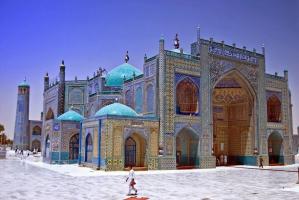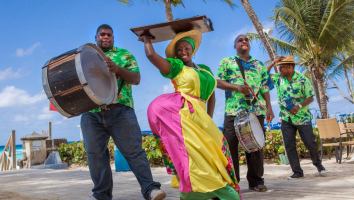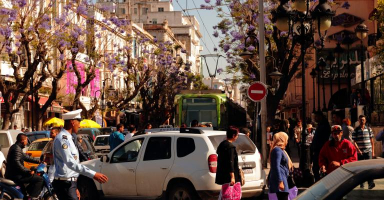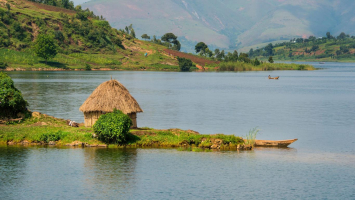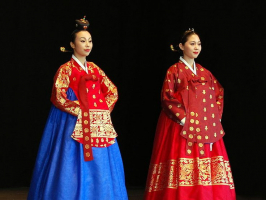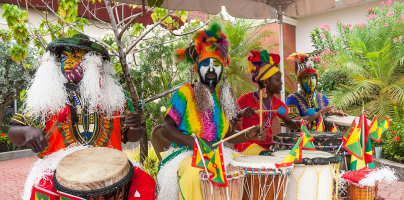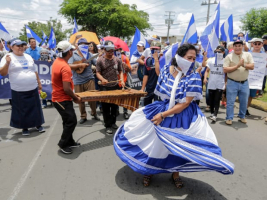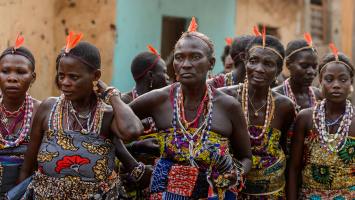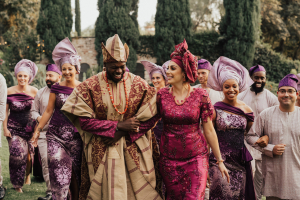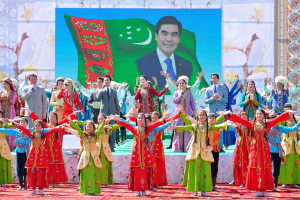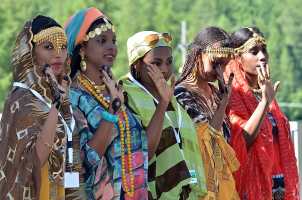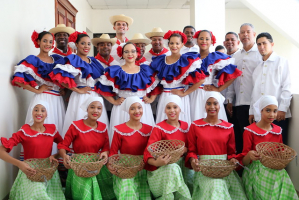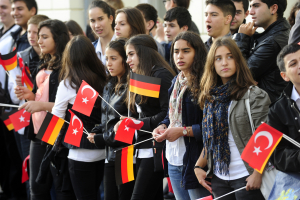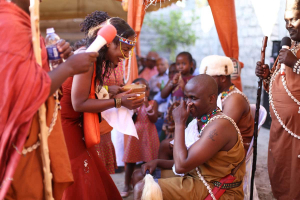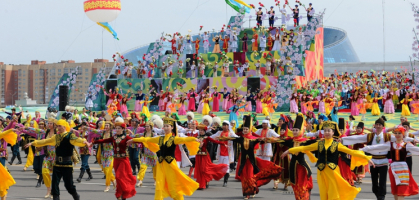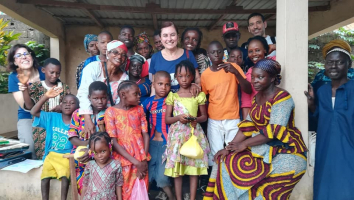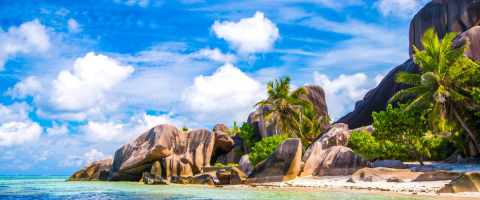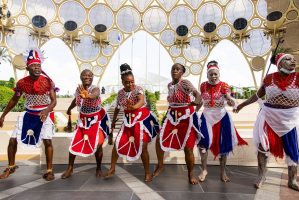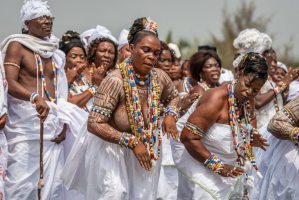Top 6 Albania Culture, Customs, and Traditions
Albania is a nation in the southeast of Europe and has a total size of about 11,100 square miles. The country had about 3 million residents as of the 2016 ... read more...census. Tirana, where its capital is located, is the hub of its economic and commercial activity. The gastronomic, literary, political, musical, and aesthetic features of Albanian people are all combined into the Albanian culture, which has been developed over time and handed down from generation to generation. Here are some Albania's Culture, Customs, and Traditions.
-
Albanians follow a wide range of religious traditions. Christianity, Judaism, and Islam all live in harmony with one another. The country's constitution guarantees religious freedom without any restrictions that might prevent someone from practicing their religion. The nation advocates for religious tolerance. Judaism is the oldest of the three, having been introduced to Albanians around 1 BC.
Christianity comes in second place, with records going all the way back to the time of the Apostles. While preaching the gospel in Illyria, it is thought that the apostle Paul founded the Durres Archbishopric. When Arab raiders from the Adriatic Sea invaded Albania in the ninth century, Islam was introduced to the country. Islam became Albania's predominant religion during the Ottoman Empire's rule, and it continues to have the majority of adherents today.
Following the 1967 Cultural Revolution, religious practice was widely suppressed, thus even though 70% of the population is Muslim, the majority do not practice; the same is true of the remaining 20% of Christians. The Albanian people are known for their warm hospitality. Elderly males expect to be treated with respect because of their age, more so than in the rest of the Balkans. In particular, respect must be shown to men in the family. Don't fight with them about issues like politics and religion; simply shake hands with them.
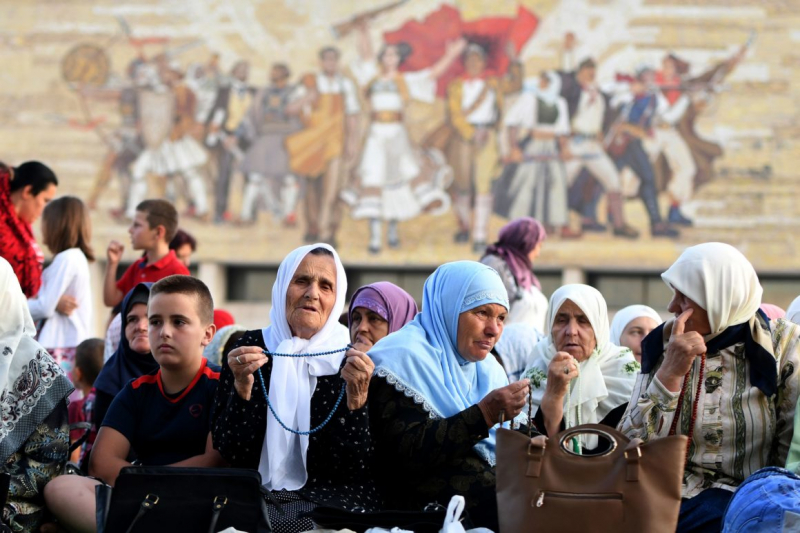
https://www.amazingviralnews.com/ 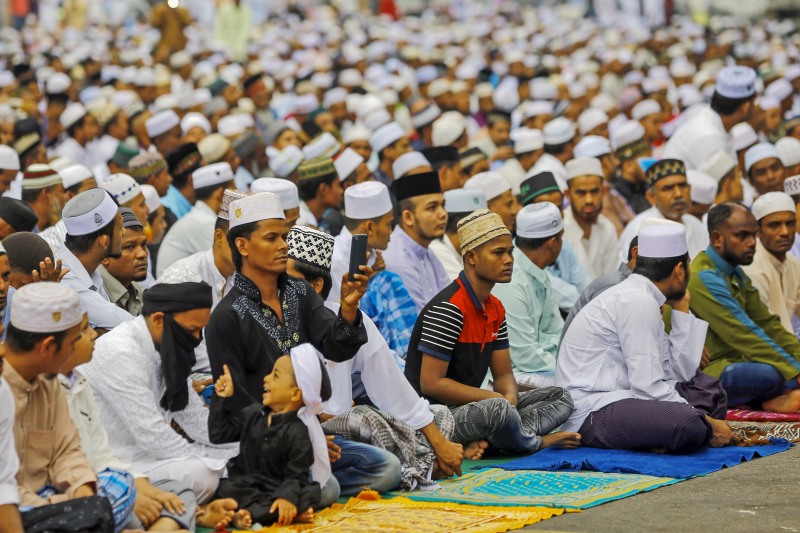
https://www.politico.eu/ -
Traditional Albanian laws are referred to as the Kanun or Doke. The Kanun, one of the best known customs in Albania, was mostly an oral tradition; it was just written down and published in the 20th century. In the fifteenth century, the Kanun of Lek Dukagjini (Kanuni I Lek Dukagjinit) was codified.
In other words, the Kanun is a set of traditional and cultural practices that have been passed down orally from generation to generation in Albania, have its roots in the rules of the Illyrian tribe. The four pillars of the Kanun—honor, hospitality, right conduct, and kin loyalty—serve as a roadmap for daily living. The Kanun also includes a code of conduct known as Besa, which requires every Albanian to be able to keep their word and fulfill their life's commitments.
This code of conduct assures that an agreement between two honorable members is carried out to its fullest extent. The Kanun exhorts people to care for and console those in need regardless of their ethnic or religious connections, and it was for this reason that Albanians granted refuge to Jews during the Holocaust in the 1940s.
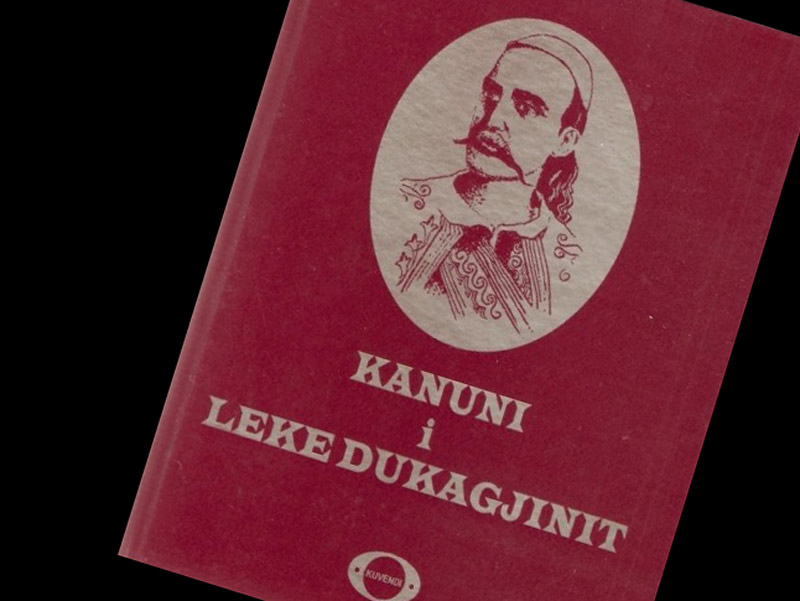
https://moodmakers.info 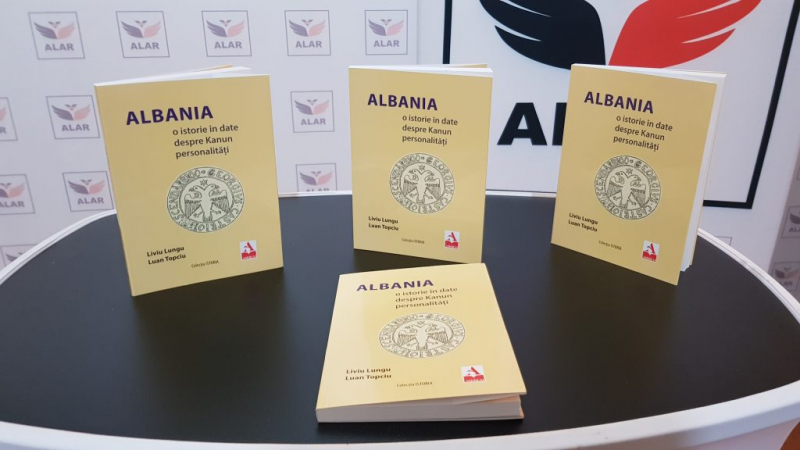
https://alar.ro/ -
There are numerous holidays observed by the Albanian people throughout the year to honor various occasions and noteworthy personalities. Every November 28th, Albanians across southeast Europe commemorate their flag and Independence Day in honor of the freedom they won from the Ottoman Empire in 1912. In all the major cities, military parades are typically held to commemorate the occasion. There is also Bajram, a Muslim holiday that is celebrated as a time for brotherhood, forgiveness, and moral victory.
The occasion is marked by the butchering of a sheep and the sharing of the meat with loved ones, neighbors, and those who are less fortunate. Bajram is observed on a different day each year depending on the crescent moon's appearance. Another holiday celebrated in Albania is called Dita e Veres. It is a pagan festival held on the 14th of March each year to mark the end of the winter season, the rebirth of the spirit, and the return of nature. The main celebration activities involve baking sweets and consuming foods including turkey legs, dried figs, boiled eggs, walnuts, and simite.
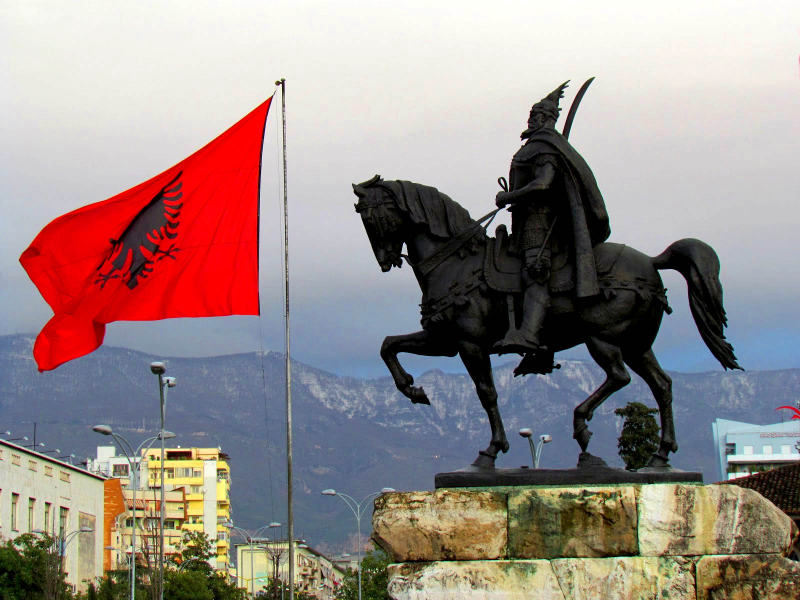
http://thebronxchronicle.com/ 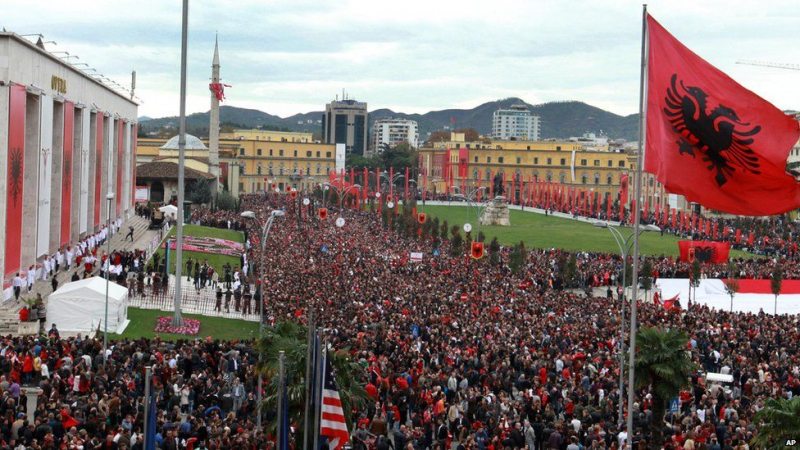
https://www.pinterest.com -
Albanian culture places a high value on food, which is essential to welcoming guests into any home. Albanians frequently invite one another over for a lunch to strengthen relationships. The use of olive oil in practically all of Albanian cuisine stands out as a characteristic of this cuisine, which has a strong Mediterranean influence.
Albanian food is praised as being flavorful, nutritious, and freshly prepared. Albanian cuisine contains Mediterranean flavors similar to those of its Balkan neighbors. Turkish and Italian flavors are also present on the Albanian food. The majority of traditional Albanian cuisine includes a lot of fresh salads, a lot of meat, white cheese (feta), a lot of olive oil, and spices like oregano.
The meal also uses a variety of vegetables, including peppers, cabbage, zucchini, cucumbers, spinach, potatoes, and eggplants. Garlic, onion, basil, mint, and oregano are typical herbs and spices used in Albanian cuisine. They serve a variety of meats, including beef, lamb, goat, veal, and chicken. Due to its proximity to the sea, fish occasionally has a significant place in the national cuisine.
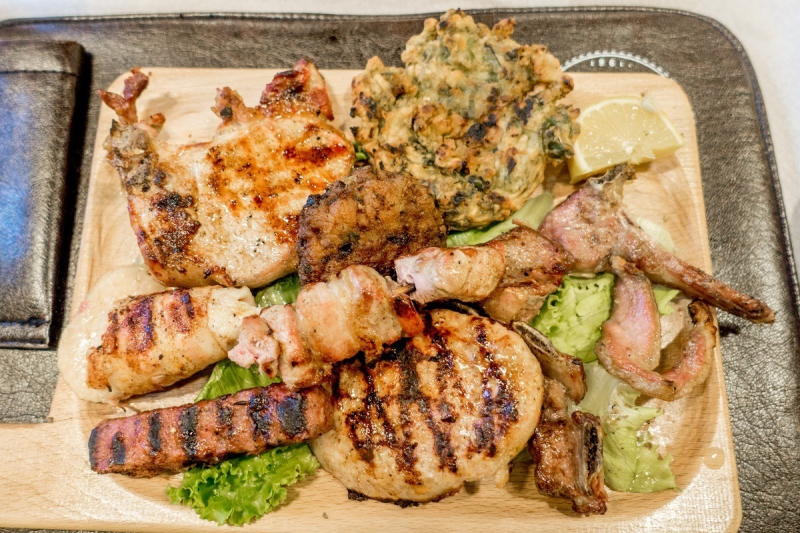
https://traveladdicts.net/ 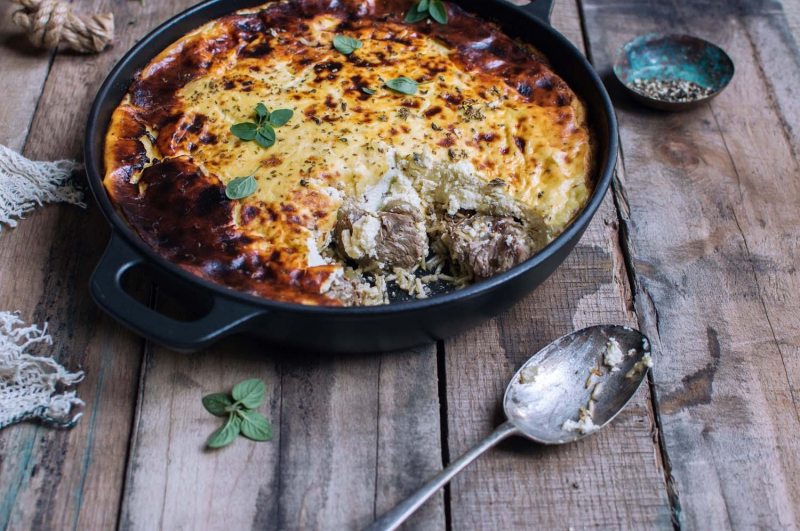
https://exit.al/en/ -
When the Catholic Church created bible manuscripts in the Albanian language, it helped pave the way for future development of the written form of the Albanian language. This is how literature first emerged in the Albanian culture of the time. The Meshari, authored by Gjon Buzuku, was the first piece of literature in Albanian. Albania has continued to create excellent writers, like Dhimiter Kamarda, a philologist, Zef Skiroi, a folklorist, and novelist and playwright Francesco Santori.
Albanian art can take many different forms, including architecture, painting, sculpture, and mosaic patterns. The Illyrian era is when Albanian art first appeared, and numerous outside armies that wished to conquer the country have had an impact on it over time. The majority of Albanian art, including music and architecture, was influenced by Muslim themes during the Ottoman era. However, after Albania gained its independence, a variety of new art forms were presented by people who had recently returned from exile.
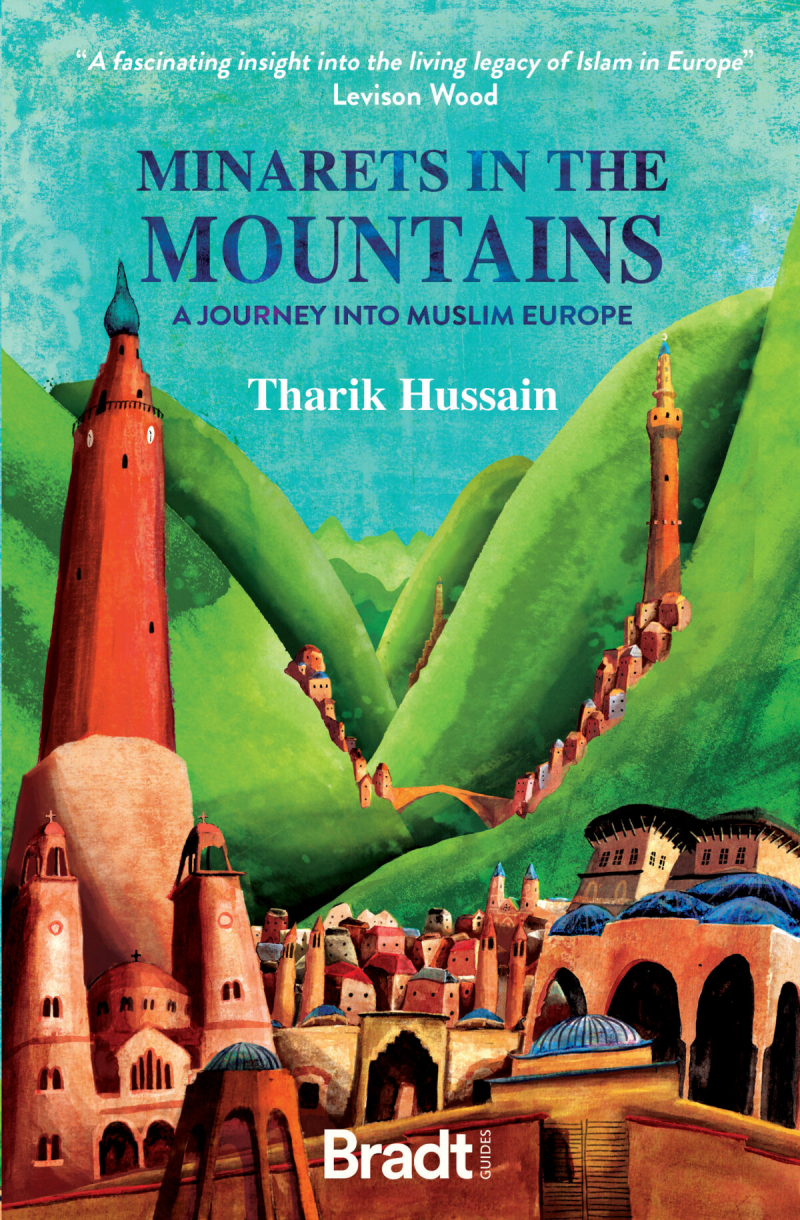
https://www.bradtguides.com/ 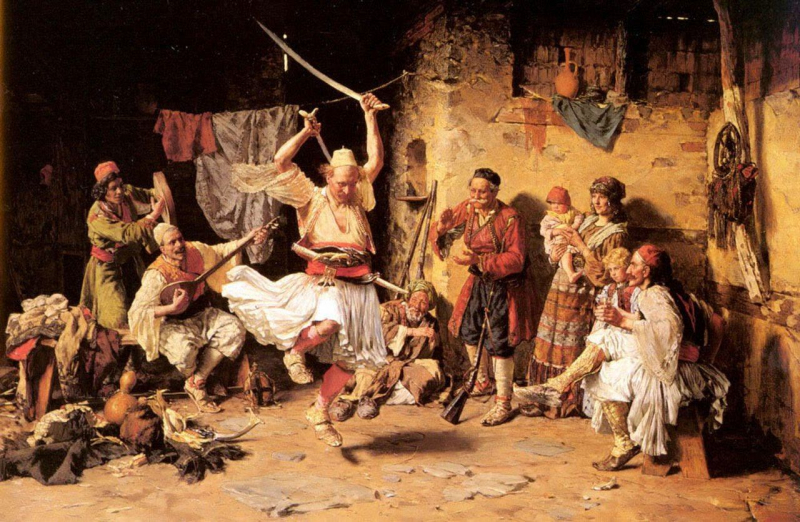
https://www.pinterest.com/ -
Although it is not a member of any of the major Indo-European branches, the Albanian language, shqip, is Indo-European. Despite being an Indo-European language and having been in the Balkans for centuries, it is challenging to identify the precise genealogy of the Albanian language because to the profound changes that have occurred within it over time. These changes include a significant word length reduction and significant morphological changes.
The primary language used in Albania is Albanian. The Tosk and the Gheg are its two dialects. While the Gheg is mainly spoken in the northern districts, the Tosk is spoken in the southern regions. The old Illyrian tongue, which was spoken by the Illyrian tribes in the Balkans, is where the Albanian language as a whole derives from. Due to the dispersion of Albanians in modern society, the language has developed distinct dialects and is now widely spoken in Greece, Italy, Serbia, and Croatia. The main speaking nations of the original Albanian language are Montenegro, Macedonia, and Kosovo.
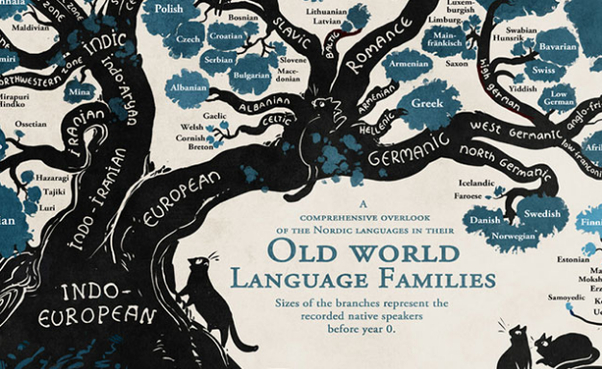
https://www.quora.com/ 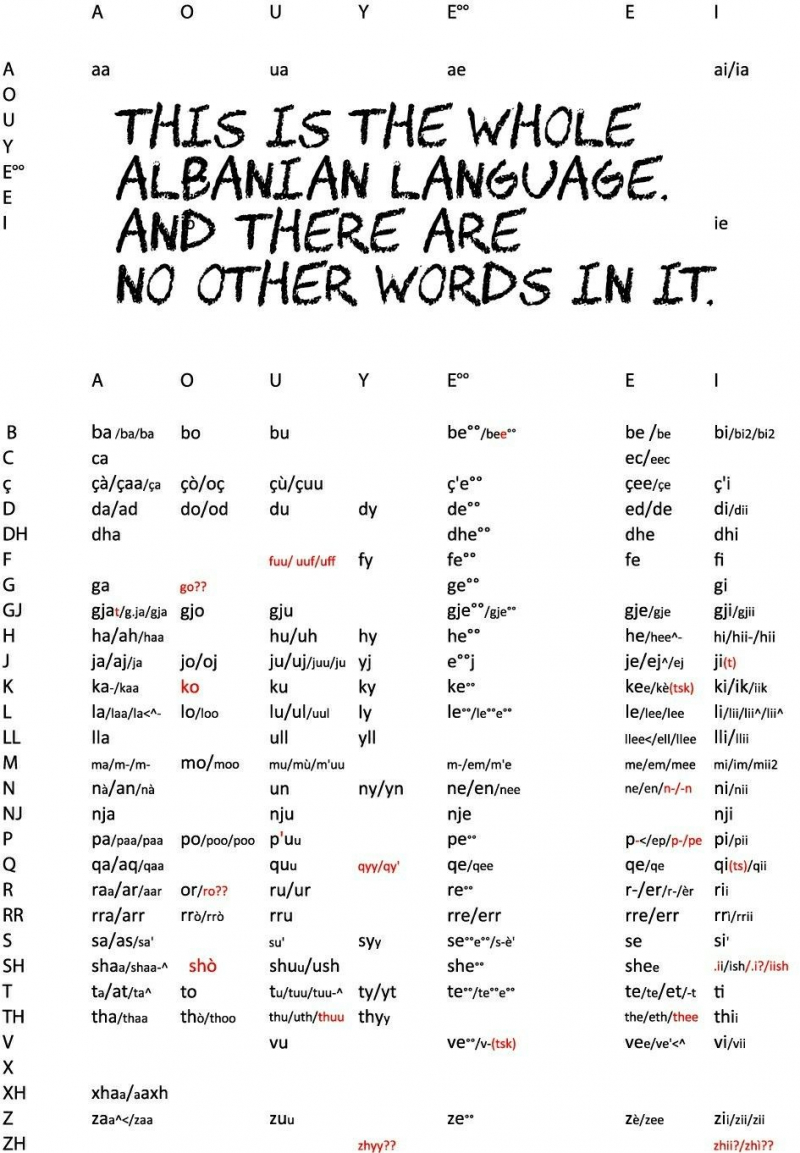
https://www.pinterest.com/








